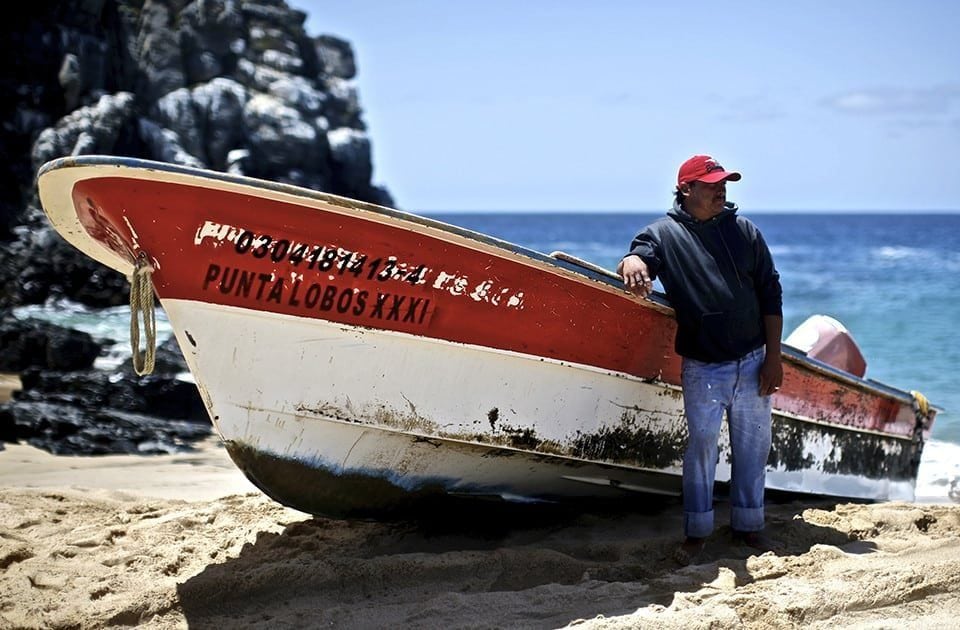Grassroots Hospitality School Teaches New Generation of Hoteliers Local Diplomacy

Skift Take
A hotel is only as good as its frontline staff. Saira, a grassroots hospitality program, partners with opening hotels to teach locals the craft of hospitality. The result is real service, lower turnover, a link to the community, and sustainable economic development.
Even the most well-placed, meticulously designed hotel is only as good as its staff. And with the ravenous pace of investment and development in far-flung places around the globe, sometimes the demand outstrips the supply. A new brand of hospitality instruction is needed to help people learn and create a new career in service of helping people.
While some of the world’s hoteliers are educated at hospitality schools such as Lausanne and Cornell, there is also the need for a more grassroots, bottom-up approach to creating hospitality experts from scratch. This would be in service to students who may not have the means for a top-tier education, but have the core focus and initiative to be shaped into a star.
Enter Saira, a school founded by hospitality veteran Harsha Chanrai billing itself as “a non-profit enterprise disrupting the traditional hospitality routes to sourcing employees.” The program establishes pop-up programs to train local staff for properties set to open. It provides training, jobs, and some much-needed community diplomacy via a link between a property and its surrounding residents.
Chanrai worked in the hospitality industry around the world for 10 years with brands such as Six Senses. Following a master's degree from Cornell Hospitality school, she saw an opportunity to meld the idea of service and hospitality with community and philanthropy. The idea came to life following a first-place win at Cornell's business plan competition and quickl

